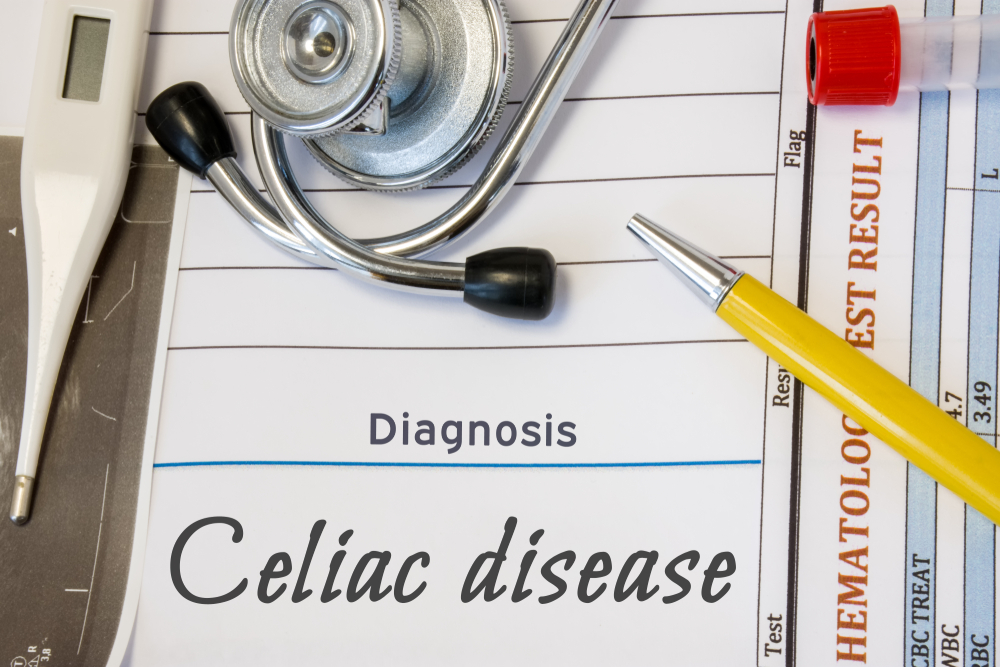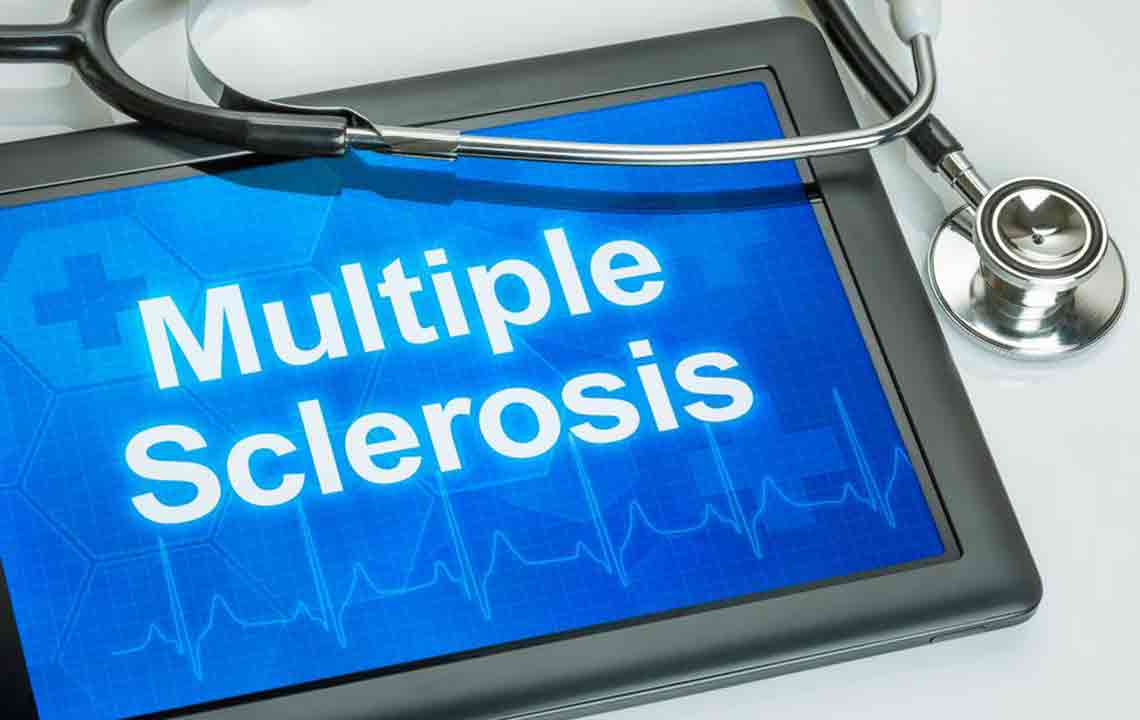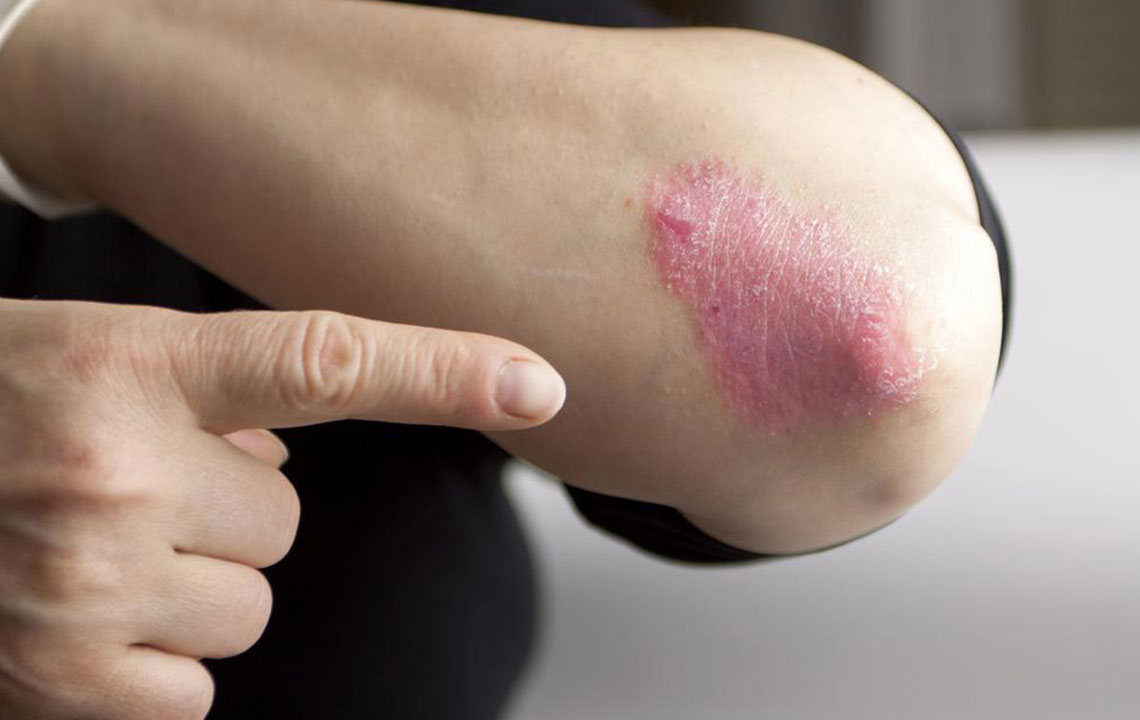Understanding the Causes and Signs of Celiac Disease
Learn about the causes and symptoms of celiac disease, an autoimmune disorder triggered by gluten. Discover common signs in adults and children, potential causes, and treatment options. Recognizing these symptoms early is crucial for effective management and improving quality of life.

Understanding the Causes and Signs of Celiac Disease
Celiac disease, also known as gluten-sensitive enteropathy, is an autoimmune condition triggered by consuming gluten. Gluten is a protein found in grains like barley and rye, which gives dough its elasticity. When affected individuals eat gluten, their immune system reacts adversely, damaging the small intestine. This disease is sometimes called sprue or coeliac disease and results in symptoms like digestive discomfort, nutrient malabsorption, and fatigue. While the exact cause remains uncertain, genetic factors, environmental triggers, and gut health play roles.
Causes and Symptoms of Celiac Disease
Causes include genetic predisposition, high gluten intake, certain environmental influences, early infant feeding practices, gut bacteria activity, and sometimes triggers like surgery, pregnancy, infections, or emotional stress. The damage to the small intestine’s villi impairs nutrient absorption, leading to issues such as diarrhea, weight loss, and anemia. This immune response can also produce symptoms outside the digestive system, including skin rashes, bone loss, neurological symptoms, and fatigue. An estimated 3 million people worldwide suffer from celiac disease, with symptoms varying widely among individuals.
In adults, common signs include unexplained weight loss, fatigue, bloating, abdominal pain, and neurological issues like tingling or numbness. Some may develop skin rashes or experience bone density loss. In children, symptoms may include diarrhea, constipation, irritability, abdominal swelling, poor appetite, and developmental delays. Severe neurological signs like ADHD or seizures can also occur.
If symptoms persist despite a gluten-free diet, consulting a healthcare professional is essential. Treatment may involve medications like steroids to reduce inflammation and immune-suppressing drugs.
Disclaimer: Our blog offers practical information across various health topics based on research. Readers should view this as general guidance and consult healthcare professionals for diagnosis or treatment. The website disclaims responsibility for data accuracy or discrepancies with other sources.










